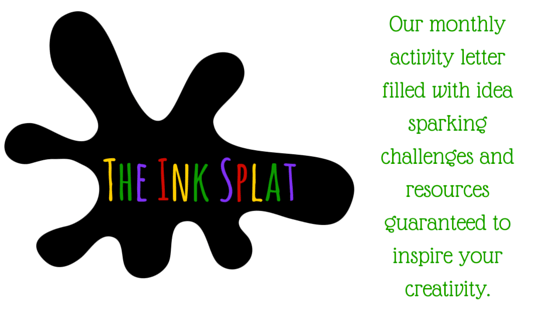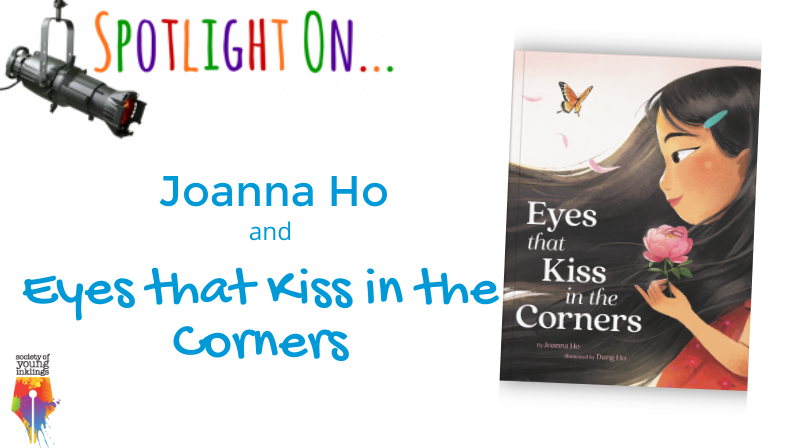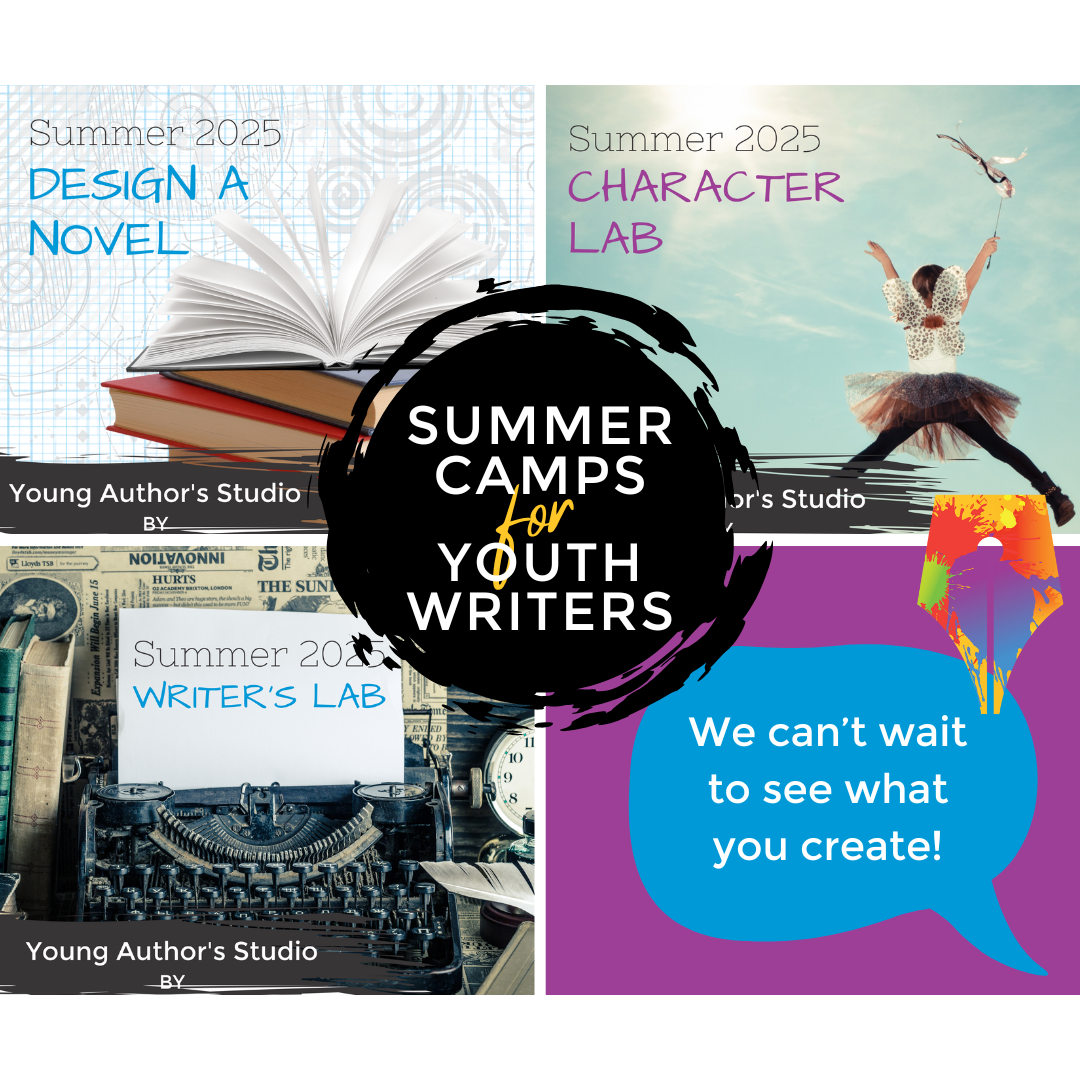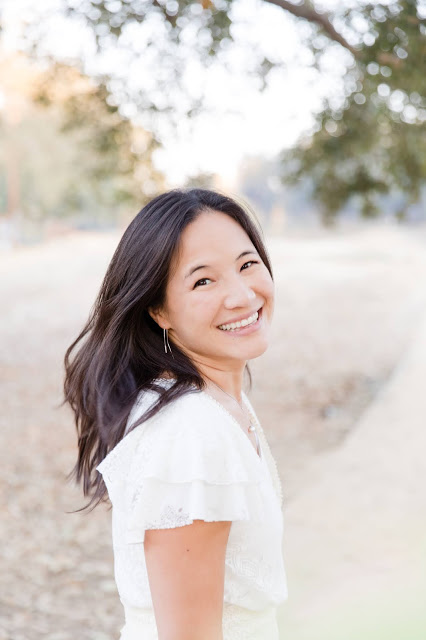In our March issue, we talk with Joanna Ho, author of Eyes that Kiss in the Corners, about how we as writers can tap into the stories of our hearts and why this is so important. She reminds us that “…writing stories and sharing them is already an act of tremendous courage.”

Writing Challenge
Words are the focus of this month’s writing challenge! Joanna encourages us to use our words as writers as powerfully as we can. She advises, “Less is always more.”
This month, your writing challenge is to go into your manuscript and choose a page or a chapter and try to cut out HALF the words without changing the meaning. Reflect on the experience. What was easy and what was hard about this? Why? What did you learn?

An Interview with Joanna Ho
Do you remember the first spark of inspiration that eventually became Eyes that Kiss in the Corners?
I was in a space of deep self-reflection: What were the stories of my heart? What were stories I needed to tell vs. stories I thought needed to be told? I tried to think of some of my challenges as a child and this was one of the first ideas that came to mind. Growing up, there was almost no Asian representation in media, movies, books or the public sphere. I watched Disney movies starring princesses with enormous eyes and read books extolling the beauty of golden locks and blue eyes. I didn’t have any of those things and used to look in the mirror to pull up my eyelids trying to imagine myself with bigger eyes. I wanted my own daughter, who was in my belly at the time, to grow up not only knowing her own beauty, but her power to shape the world and make it better.
Picture books showcase a range of structures and techniques, but they also have limitations that writers must work within. Were there specific lessons you learned about storytelling in general as you created the text for this book?
I learned that you can always push a story deeper than you think is possible. The story used to end about 3-4 stanzas/pages earlier than it does in the book. My editor, Clarissa Wong, told me she didn’t think the story went deep enough; it was sweet, but it was missing a more powerful message. She referenced something I had written in an email about recognizing our own beauty is an act of revolution, and she encouraged me to convey that idea in the book. I really wrestled with ways to capture the nuance and complexity of the ideas I was trying to convey – how do you talk about dismantling white supremacy and stepping into your own power with limited words in a way that will make sense to kids? But her feedback pushed me to write the story I truly wanted to tell and didn’t know I could.
Do you ever get stuck in your writing process? If so, do you have any strategies for getting unstuck?
I get stuck all the time! It’s one of the most frustrating and also most valuable parts of the whole process (though I’ll probably kick myself for saying this the next time it happens…which will probably be this weekend!). I’ve learned to recognize when I’ve hit a wall and no matter how long I stare at my screen, nothing will come. I’ve learned it’s okay to step away from a project and give it time to percolate. I might step aside for an evening, or I might step aside for months. Things I do to get unstuck include:
- Rereading the place where I got stuck right before bed and letting my brain work things out while I sleep. It sounds ridiculous, but magical things can happen up there.
- Work on a different project
- Read books in the genre that I’m writing
- Exercise
Sometimes we try to push so hard to force an idea into being, when really we need to let it come when it’s ready.
How do you decide which words to keep and which words to cut when you’re crafting the text of a book?
I am always trying to cut words from stories, especially in picture books! Less is always more. It’s helpful to ask myself, will removing this word/phrase/sentence change the idea I’m trying to convey? Do these words move the story along? If not, delete them! Sometimes I write something that I love, and even when my gut says I don’t need it, I try to find a way to squeeze it in. In the end, those lines always get cut!
What does revision look like for you? Do you have any strategies that help you make revision decisions?
I love revising, it’s my favorite part of the whole writing process. Finding critique partners and mentors who know me and the stories I’m trying to tell has been invaluable in my revision process. I know that critical feedback is the only way my stories will improve. Because I know what I’m trying to say, it’s hard for me to see whether or not I’ve actually done it. I tell my critique partners to tear up my drafts without holding back because unless they do it, I won’t know what to change. If I don’t know what to change, the truths I’m trying to tell will not shine through.
At Young Inklings, we talk a lot about discovering the stories of our hearts, of tapping into our unique voices, and of using those voices to impact the world around us. Your book is a beautiful example of what happens when a writer courageously puts their heart and perspective on the page. Would you share how you think about voice, perspective, and courage?
I think writing stories and sharing them is already an act of tremendous courage. Everything we put on a page, even if it is fiction, holds a little bit of us in it. Usually, it’s the most personal parts. Parts we might not have known were hidden inside. If we don’t put our hearts and truths on the page, why else do we write? Writing is my activism. It’s one way I try to dismantle oppression and systemic racism in the world. It’s my way of making my voice heard. When we speak up for anything – whether it’s through writing, or in some other way – we will be challenged, criticized, and sometimes worse. But to me, silence isn’t an option. So I write. And I hope you will continue to write too, because your voices and your stories are needed

INKLINGS CONNECT
Summer Camps
Join us for a writing camp this summer. We can't wait to see what you create!

Thank you, Joanna, for sharing with us! You can find out more about Joanna and her work at https://www.joannahowrites.com/
Joanna Ho is the New York Times bestselling author of Eyes that Kiss in the Corners. Her upcoming picture books include Playing at the Border: A Story of Yo-Yo Ma (Fall 2021), and One Day (2023); her debut YA novel, The Silence that Binds Us will be released in 2022. She is a writer and educator with a passion for anti-bias, anti-racism and equity work. She holds a BA in psychology from the University of Pennsylvania, and a master’s from the Principal Leadership Institute at Berkeley. She has been an English teacher, a dean, the designer of an alternative-to-prison program, and a professional development mastermind. She is currently the vice principal of a high school in the Bay Area, where she survives on homemade chocolate chip cookies, outdoor adventures, and dance parties with her kids. Keep your eyes open for more books to come!

